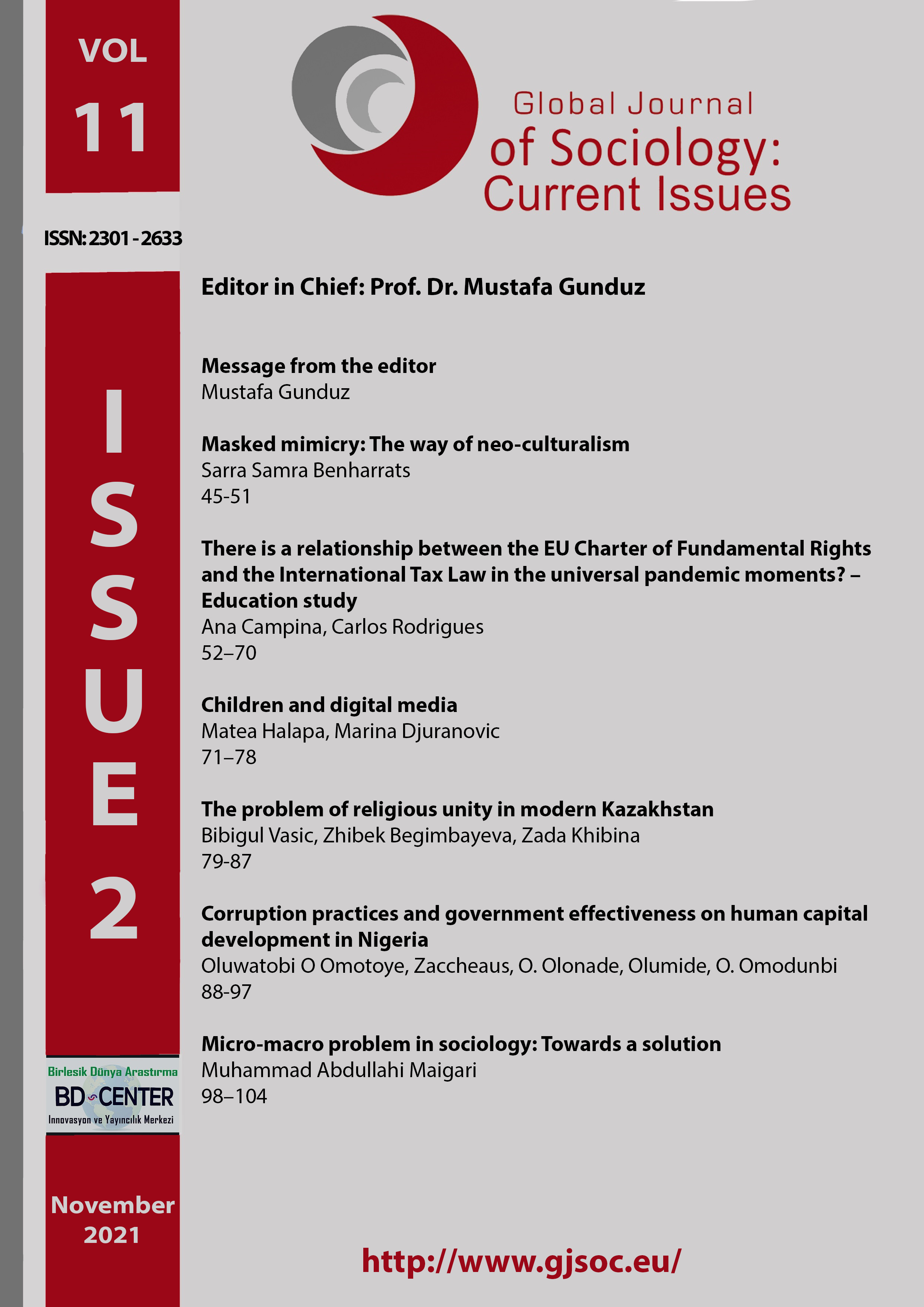There is a relationship between the EU Charter of Fundamental Rights and the International Tax Law in the universal pandemic moments? – Education study
Main Article Content
Abstract
The unexpected pandemic 2020 context brings to humanity the effective relevance to the minimum existential, to the human rights, more than the discourse, but the real need of the protection from the main legal instruments. The paper proposes and discusses the connection with the need for tax collection by the states to meet the expenses of the social state, namely for education expenses, and whether the economic limitation caused by the current pandemic in face of the sharp decline in GDP and which has necessarily associated with a large decrease in the collection of tax revenues, which may compromise the right to education. From the findings of the study, concerning the new technologies and their dependence, the actual context shows that it is not an option but an effective need for everyone, so the states and the international community have the obligation to generate conditions of the best access and should promote the pedagogical need in this subject.
Keywords: Fundamental rights, social state, taxes, property protection, education.
Downloads
Article Details

This work is licensed under a Creative Commons Attribution 4.0 International License.
Authors who publish with this journal agree to the following terms:- Authors retain copyright and grant the journal right of first publication with the work simultaneously licensed under a Creative Commons Attribution License that allows others to share the work with an acknowledgement of the work's authorship and initial publication in this journal.
- Authors are able to enter into separate, additional contractual arrangements for the non-exclusive distribution of the journal's published version of the work (e.g., post it to an institutional repository or publish it in a book), with an acknowledgement of its initial publication in this journal.
- Authors are permitted and encouraged to post their work online (e.g., in institutional repositories or on their website) prior to and during the submission process, as it can lead to productive exchanges, as well as earlier and greater citation of published work (See The Effect of Open Access).
